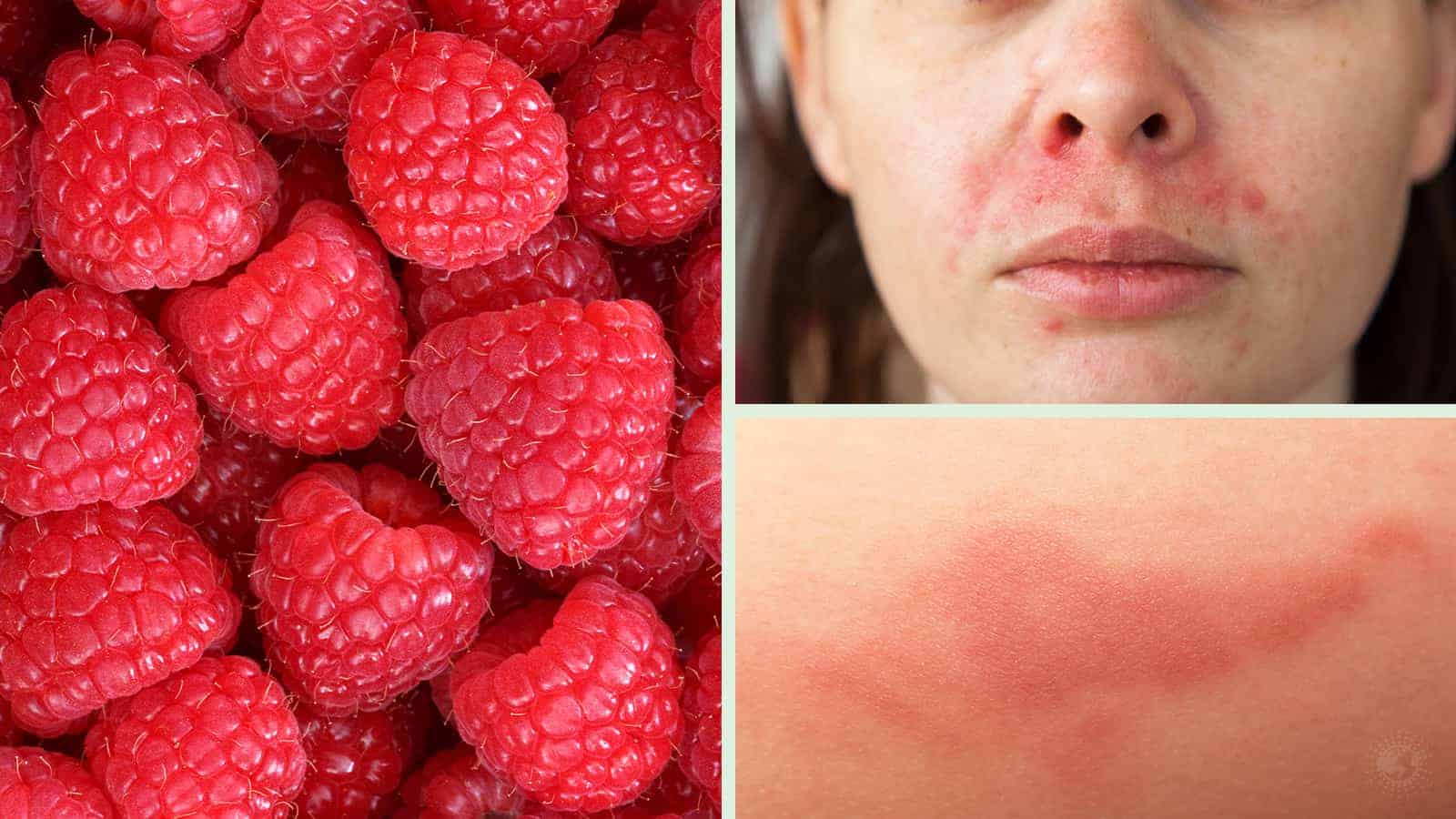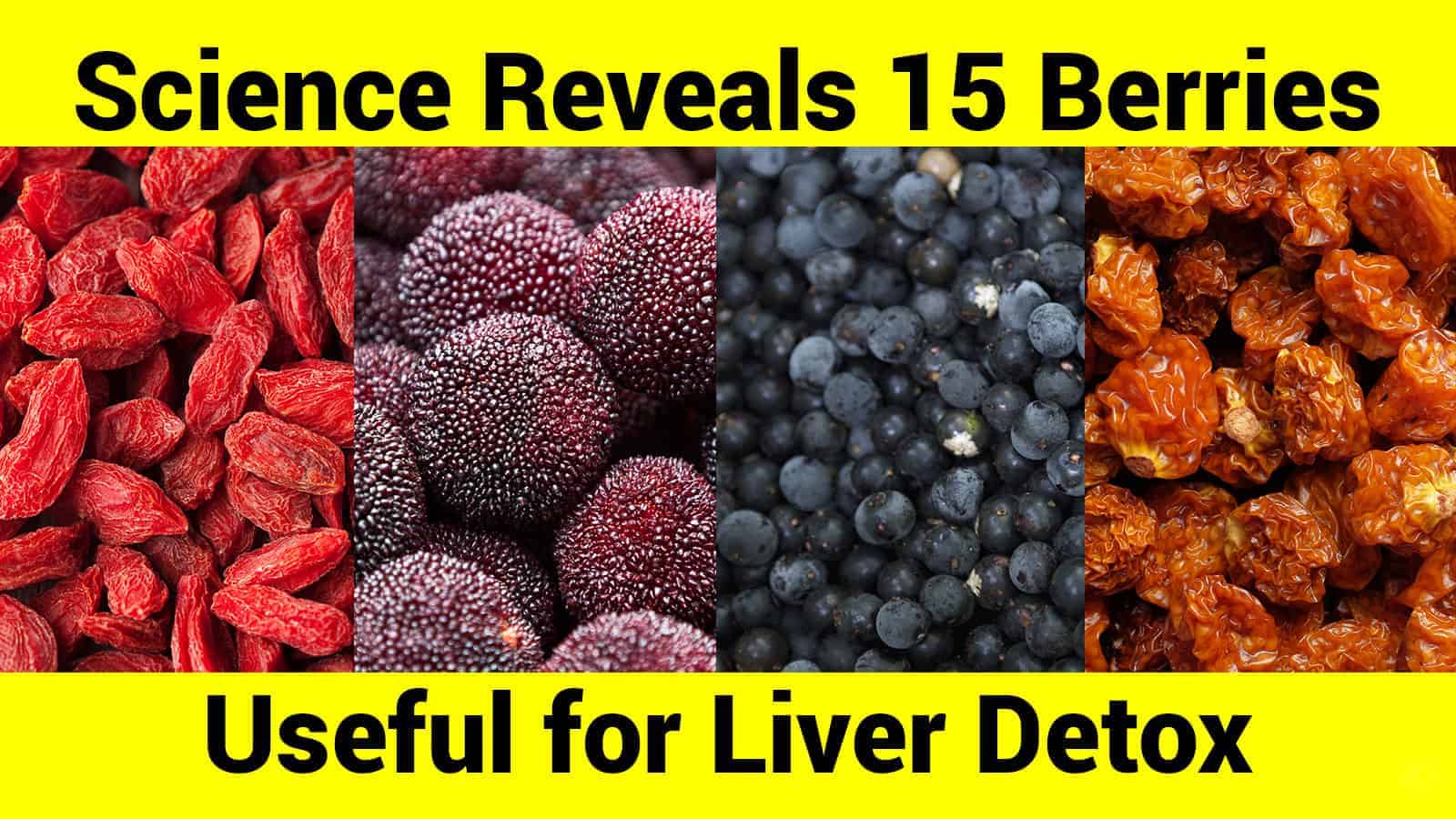As part of your body’s natural defense, inflammation plays a huge role in healing. Sometimes it can be uncomfortable and undesirable, however, and finding a remedy is essential. One natural remedy is raspberries because they can reduce and prevent inflammation.
When inflammation occurs, it means that your body detects the presence of a foreign object, bacteria, virus, or other irritants. Once it realizes this, your body will begin an attack on the foreign body. While this all sounds like it’s beneficial, sometimes it isn’t. Inflammation can lead to chronic diseases and autoimmune diseases. Additionally, your body can make a mistake and attack its healthy cells as it would the harmful cells.
Since inflammation is only beneficial in some situations, it’s essential to reduce skin inflammation. Reducing the inflammation will also make you more comfortable. As stated before, these berries could likely aid in this endeavor.
Sixteen Primary Symptoms of Inflammation
There are two primary types of inflammation, and these include acute and chronic inflammation. The symptoms of each are similar, but the length of time is the most determining factor. These symptoms include:
- Pain that can be continuous or may only occur when the affected area is touched
- Redness around the affected area
- Difficulty using that part of your body
- Decreased ability to breathe and smell
- Swelling or edema
- Heat around the affected area
- Unexplainably tired
- Not feeling well in general
- Fever
- A rash appears
- Blisters or pimples
- Overly smooth skin
- Scaly skin
- Itching or burning sensation
- Cracked skin that may (or maybe not) bleed
- Skin thickens
Acute inflammation generally only lasts for a couple of days but can become subacute and can last for six weeks. Chronic inflammation can last for months and sometimes even years. It more often links to diseases than acute inflammation does.
Other differences between acute and chronic inflammation include the onset and outcomes. The onset of acute inflammation is only a few days, whereas chronic inflammation takes much longer to occur. With acute inflammation, the inflammation improved quickly unless an abscess developed. When this happens, it could cause chronic inflammation to develop.
Chronic inflammation, on the other hand, can cause tissue death or thickening. Plus, it will likely scar your connective tissue.
These signs of inflammation don’t always occur, either. It is not uncommon for inflammation to show no signs. Skin inflammation is different, however, because you can see it on your skin when it occurs.
Study Confirms That Raspberries Might Help Reduce Skin Inflammation
A well-renowned study examined the effects this fruit has on skin inflammation.
One study, performed on mice, showed that including high amounts of raspberries in the diet could reduce inflammation. No studies have been done on people yet, but they are likely in the works.
In the study mentioned above, performed by researchers at Ohio State University, scientists used a controlled study to compare results. One group of mice were given the human equivalent of one serving of raspberries each day. The other group was not assigned any berries.
After three weeks of following these diets, irritants were placed in the mice’s ears. The goal was to cause skin inflammation due to contact with an irritant. Scientists found that the mice who consumed raspberries daily had less inflammation than the mice that didn’t. This proves their theory that berries might help reduce skin inflammation.
The conclusion reached by scientists reveals that this fruit may help in significant ways. In the mice, the berries reduced inflammation caused by contact with a harmful substance or irritant. They also reduced inflammation on the skin caused by allergic reactions.
The amount of inflammation that was noticed is comparable to the effects of medications that people take. Since all-natural options are preferrable, this is good news for those that suffer from skin inflammation. By merely consuming the fruit each day, skin inflammation can be relieved, and medication may not be needed.
Studies have not conclusively confirmed if raspberries help reduce inflammation for other types of diseases or conditions. With the results of this study, however, scientists are hopeful for future studies on different conditions.
More research is necessary, but so far, success is found in using these berries for the reduction of skin inflammation.
Skin Inflammation That is Related to Skin Diseases
1 – Dermatitis
This condition occurs when you come into contact with an allergen or with a harmful substance. Harmful substances could include poison ivy or poison oak, perfumes or colognes, and even cosmetics. Often, these reactions aren’t severe, but they are uncomfortable. Some of the symptoms of this skin disease are:
- dry, scaly, or flaky skin
- hives
- blisters or pimples
- redness of the skin
- itching or burning sensation
- dark spots on the skin
- being sensitive to the sun
- swelling
- stiff or tight feeling skin
- open sores
2 – Psoriasis
This condition is when your body attacks your normal, healthy tissues. It is an autoimmune disease and causes skin cells to re-grow too quickly.
Psoriasis causes patches of thick, red, scaly skin most often on the elbows, knees, scalp, lower back, face, or palms. It can also occur on the bottoms of the feet, inside the mouth, and just about anywhere on the body.
3 – Allergies
When an allergic reaction occurs, it might cause the skin to become inflamed or break out into hives. This can happen from different types of allergies, such as food or medication allergies.
4 – Fungal, bacterial, or viral infection
These types of infections frequently cause skin inflammation. Some of the conditions that do this are:
- ringworm
- cellulitis
- impetigo
5 – Eczema
This condition causes itching and inflammation of the skin. It generally develops in childhood and is outgrown, but it doesn’t always go away as adults suffer from it, too. Most often, eczema occurs behind the knees or in the crook of the arms. It can be present on any part of the human body, however, so don’t rule eczema out just because of its location.
This condition can spring up for several reasons, including the following factors:
- genetics
- allergies
- immune disorder
- bacteria on the skin
Other Care Hints for Skin Inflammation
Raspberries aren’t the only natural thing that can help reduce skin inflammation. There are many natural remedies, including herbs, a change of your diet, and other treatments you can try at home. These methods include:
1 – Cool, wet compresses
Applying cool, wet compresses or wraps to the inflamed area can help ease the irritated skin. Make sure the compress is clean, or it can lead to further irritation. Taking a cold bath in clean water can have the same effect, but don’t include soaps or other possible irritants.
2 – Warm oatmeal bath
Oatmeal baths contain anti-inflammatory properties and soothe the skin. Soaking in one can help ease skin irritation. Plus, it can protect your skin from other irritants, too.
3 – Increased intake of vitamin D
Find foods that are rich in vitamin D and make sure to implement them regularly in your diet. You can also find all-natural vitamin D supplements if you are struggling to consume enough.
4 – Tea tree oil
This essential oil contains both anti-inflammatory and anti-microbial properties. It can help treat dermatitis and other skin conditions. You will simply rub the tea tree oil into the infected area as needed to ease the discomfort.
5 – Wear clothes that don’t irritate the skin
Clothes play a significant role in skin irritation and inflammation. Wear clothes that are smooth or soft, and it’ll help treat unpleasant skin conditions. Plus, it will help prevent new irritations.
6 – Manage your stress
Being overly stressed can cause skin inflammation. By managing your stress appropriately and positively, you’ll be able to reduce the inflammation. One way to manage stress is by exercising, or you can choose meditation or whatever else works for you.
7 – CBD oil
This oil can benefit the skin because it contains anti-inflammatory properties. CBD oil also reduces sebum production and can provide natural moisture to infected areas. Best of all, studies show it can relieve skin pain and itching.
8 – Change your diet
Certain foods cause inflammation because they contribute to weight gain. Over time, they can cause diabetes and other chronic diseases. Some of the inflammation-causing foods include margarine, carbonated drinks and sodas, fried foods, red meat, and refined flour.
You shouldn’t be disappointed about having to eliminate foods from your diet. There are plenty of other delicious foods that you can eat instead. Raspberries aren’t the only food that can help, and some other foods that are good for reducing inflammation include:
- tomatoes
- olive oil
- nuts
- fruits and berries
- fatty fish
- spinach
Final Thoughts on Science Reveals Raspberries Might Help Reduce Skin Inflammation
Scientists are working diligently to understand why and how raspberries can help reduce skin inflammation. For conditions such as dermatitis, allergic reactions, and many more, this fruit can help treat it.
By consuming a large number of these berries each day, you may be able to see a difference. Skin inflammation is uncomfortable and sometimes painful, so finding a way to ease it is essential. While more research needs to be done, science has already revealed that it likely works. Since this fruit is right for you anyway, you have nothing to lose when trying out this remedy.
















 Community
Community

